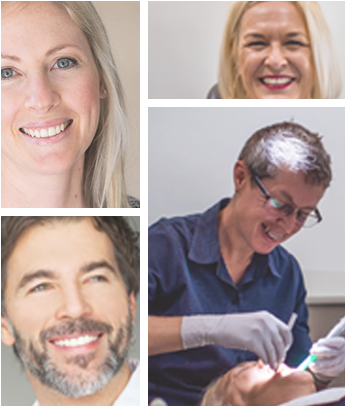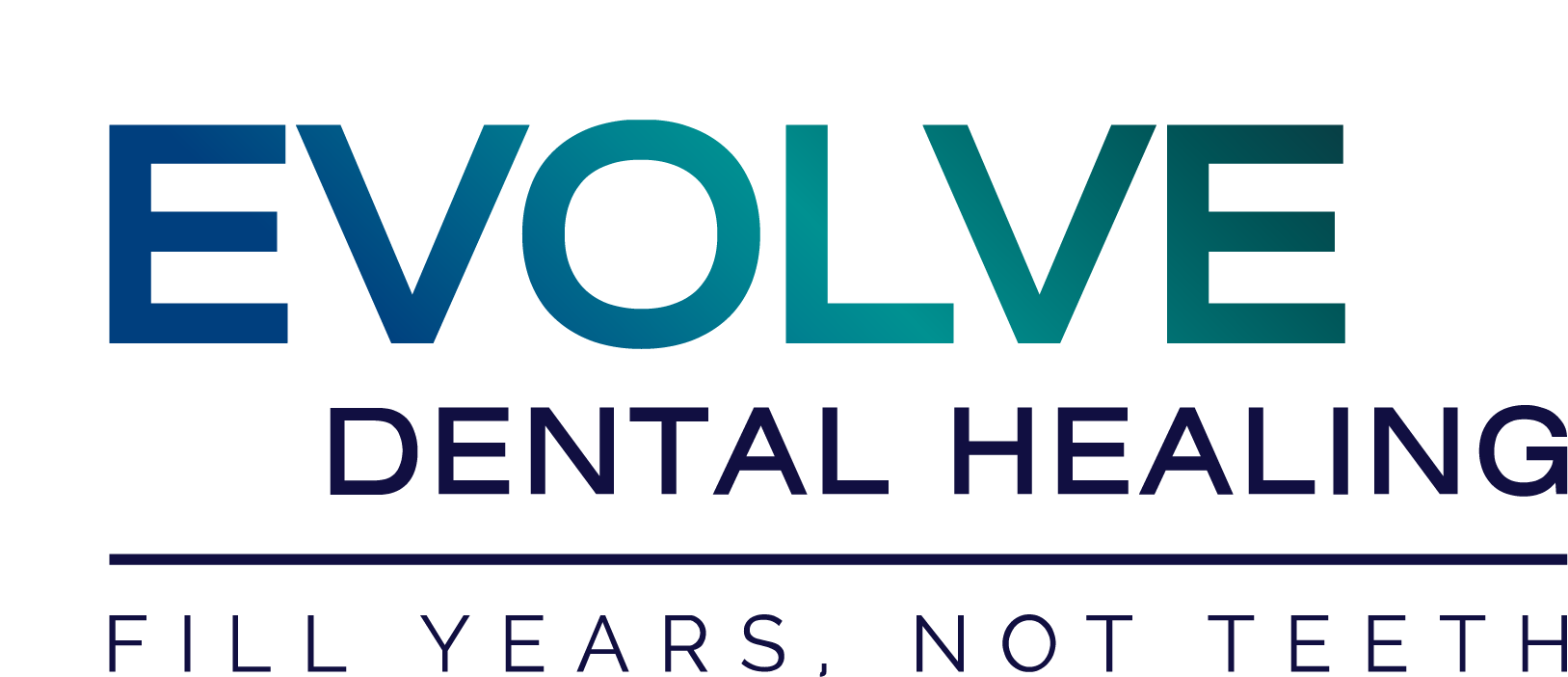Non-Fluoride Ways to Prevent Tooth Decay

How To Prevent Cavities Without Fluoride
This blog explores ways that your can prevent tooth decay (dental cavities) without resorting to using fluoride.
Ways To Reduce Tooth Decay Without Fluoride
A multi-disciplinary expert panel, convened by the American Dental Association (ADA) Council on Scientific Affairs, issued a report this month containing clinical recommendations that sugar-free chewing gum, lozenges and hard candy including xylitol or polyol combinations, and a prescription varnish with chlorhexidine and thymol could be beneficial in preventing cavities when used as adjuncts to a comprehensive cavity prevention program. (which for the scientists would still include fluoride).
The panel noted in its report that these non-fluoride options could provide an extra benefit to prevent cavities in patients at high risk for developing cavities when used in addition to products such as toothpaste, dental sealants and varnishes.
The ADA recommends that clinicians determine a patient’s risk for developing cavities by conducting a caries risk assessment, which includes completing a caries risk assessment form that can be used as a communications tool with their patients.
Non-fluoride agents to prevent cavities
In addition to a comprehensive cavity-prevention program, the scientific panel recommended that clinicians consider applying a mixture of chlorhexidine-thymol varnish to the teeth of high-risk adults and the elderly every three months to reduce cavities developing in the root of the tooth.
The panel encouraged clinicians to consider advising parents and caregivers of healthy children older than 5 years who are at higher risk for cavities to chew sugar-free polyol gum after meals for 10 to 20 minutes to prevent cavities.
A polyol is a low-calorie sweetener such as xylitol, sorbitol or mannitol, which is not broken down by the bacteria in the mouth and therefore does not contribute to tooth decay.
The panel also recommended that sucking xylitol-containing sugar-free lozenges after meals may reduce cavities in children.
The panel’s recommendations are based on a review of evidence from 71 published articles that described 50 randomized controlled trials and 15 nonrandomized studies to assess the effectiveness of various non-fluoride agents in preventing cavities.
ADA expert panels, Evidence-Based Dentistry
The clinical recommendations, developed by expert multidisciplinary panels convened by the ADA Council on Scientific Affairs, assessed available scientific evidence and developed practice-oriented recommendations through a comprehensive evidence-based process. Evidence-based clinical recommendations are intended to provide dentists and other health professionals with a review of the latest scientific evidence on particular topics and are not considered a standard of care. Rather, health care professionals can consider clinical recommendations, patient preference and their own clinical judgment when diagnosing and treating patients.
for more information on fluoride see Fluoride in the drinking water
-
Dr. Rachel Hall
Rachel is the founder and principal dentist at Evolve Dental Healing with over 30 years experience, practising holistically since 2001. Not your typical dentist, Rachel is a passionate opinion leader, challenging convention to empower people to make better dental and health choices, helping thousands to have healthy natural smiles. A respected writer and presenter on holistic dentistry, health and wellness it is Rachel’s mission to revolutionise the way people look at their dental health.
Talk to us for more details and information
CONTACT US
67 Kenmore Road
Kenmore Queensland 4069
Phone: 07 3720 1811
Fax: 07 3720 1899
Email: info@evolvedental.com.au
OPENING HOURS
Monday – Friday: 7:30am – 5:30pm
References and Citations Mercury & Amalgam Fillings




